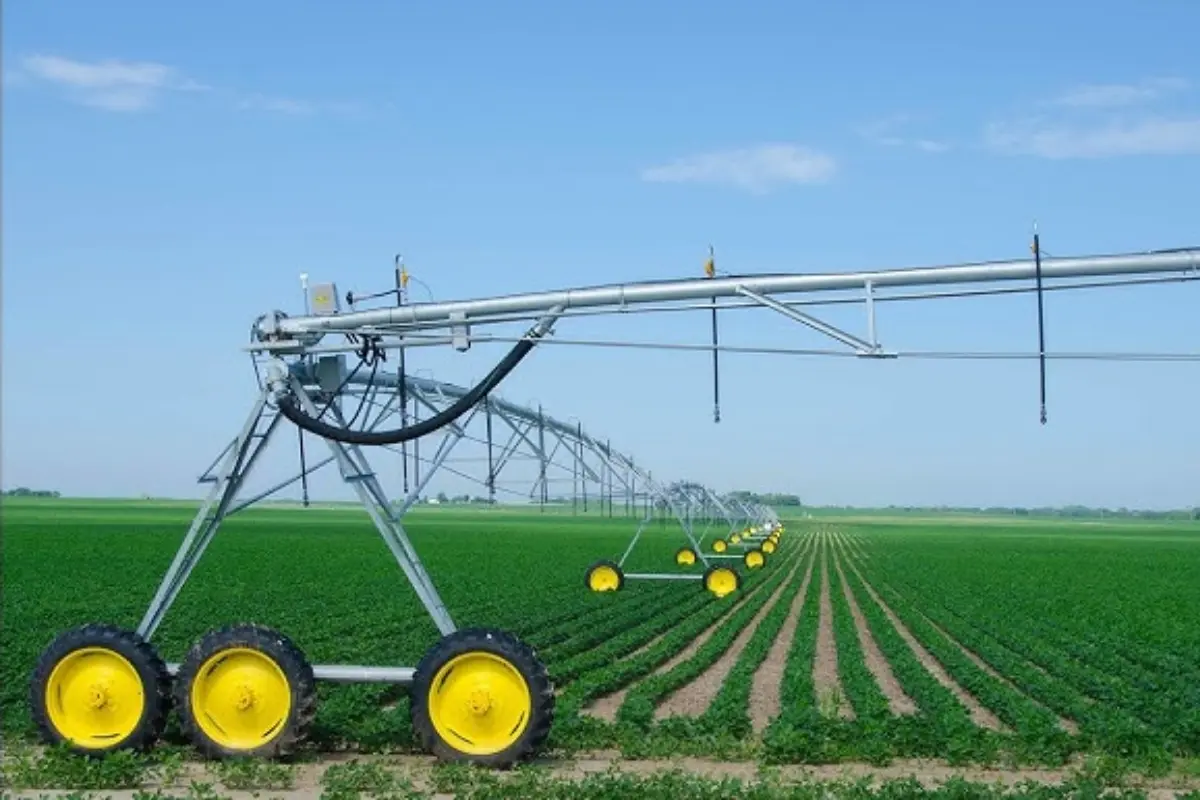
Do you want to access to this and other private contents?
Log in if you are a subscriber or click here to request service
Saudi Arabia: thanks to the "artificial climate" the desert will flourish
Dutch technologies in support of the food sovereignty of the Middle Eastern country

Climate change is man-made. We are not talking about the non-deliberate changes that ignite the current debate, a consequence of global C02 emissions, but about real "synthetic climates" and artificial ones which, on the contrary, could create favorable conditions for cultivation and other human activities. Saudi Arabia, for example, is partnering with a Dutch greenhouse company to make the desert...
lml - 33563
EFA News - European Food Agency
EFA News - European Food Agency